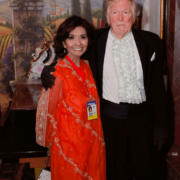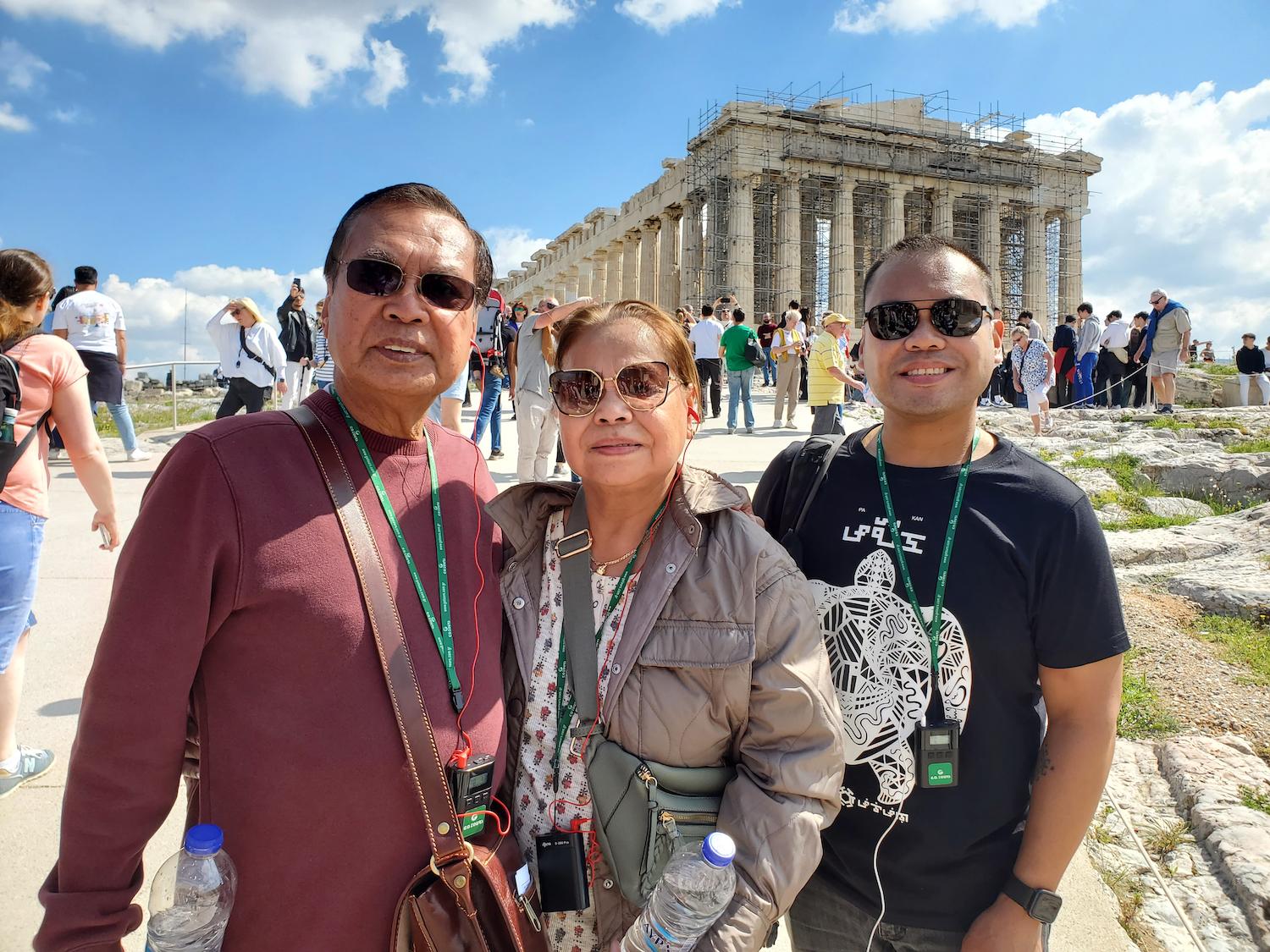There was nothing in Dexter’s Grey ancestry, background or environment to suggest he would become the greatest living interpreter of the work of Frederic Chopin.
It was all there, when he decided to impose himself the discipline of simplicity, clarity and direction.
In the pianists of the world, he was the incompatible painter of mystery, virtuosity, silence of the infinite: of the passing cloud, distant bells the sunlit shimmer of the waves. All his senses were tributary to his musical inspiration in which none before him had been capable of suggesting whenever he played Frederic Chopin. All over the world, before royalties, civil servants and freedom fighters, he has made sonorous his own emotions.
His contribution to piano, literature and musical aesthetics starts with a prelude to every performance. He was influential in developing piano technologies and style, color effects, sonorities dynamics and artistic resonances. No other before him had realized increasing both the technical and artistic resources of the piano as an instrumental to artistic self sufficiency. Critics called it poetic effusions, wistful and nostalgic.
While in China, he connected the East and West in an acclaimed performance in its famous walls.
When he played the funeral march, he emitted inexpressible sorrow. The evocative tenderness of his music is remarkable for its amazing variety of moods — as a poetic expression of restrained grief. At the Beverly Hills Country Club a few years back, he received a standing ovation of a relatively blasé crowd.
He takes the audience on a rare and thrilling venture inside the musical mind and soul of the great master. He recreates the magic of the legendary musical soirees held in palaces and royalties of Europe like a prelude before every performance.
On a recent Sunday at their Hollymont Castle once more, before a gathering of close friends, public officials, and the media, he enthralled me to a magnificent two-hour concert of passion, inspiration from Chopin’s waltzes, nocturnes, etudes, polonaises, mazurkas. Played in the tenderness, beauty of melody, romantic sentiment and elegance of form; it was deeply rooted melancholy like we were in a Parisian salon.
Maestro Dexter Grey has mastered the piano (he has a collection of pianos worth a king’s ransom) like no other performer of his genre. His inspirational and dramatic thumbnail sketches and human messages of the lives of each composition sets the emotional climate, to identify with the very heart of their music. He is always thrilled to share his great gift of spinning tales, that combines itself with the master’s immortal music that creates the greatest drama and suspense.
In his later performances, the Maestro knew that the large classical form restricted the mobility of his music. At 83, he leaned towards more to less, inhibiting structures; as he performed the concerto, sonata or fantasies.
Its true significance is now more appreciated by the Maestro’s infinite friends in the music world, as well as piano afficionados.
While his performance were off spring of the Parisian salons, the latest performance of the Maestro was felt by the audience not only as refined, elegant and suave. Today, his genius has reached more dramatic, beautiful, tempestuous — yet gently reflective.
The Maestro has startled his audience with rebellious disregard. The old classical, with musical daring of his breathtaking the Impromptu Fantasy and a repertoire that astounded us, he has grown more audacious, in his musical harmonizations and strange chords. He simply said, “Now, I can play the music my own way.”
He keeps growing, from the romantic to impressionist, doing poetry and art on the piano by abandoning his own stylistic tenderness. All his life, Meastro Dexter Grey has been compelled to share the smashing, magical and celestial in his musical impression, the wealth of his fantasy there was something more than sensation, whether in agony or his transport of joy.
Always there is reticence: always sobriety.






